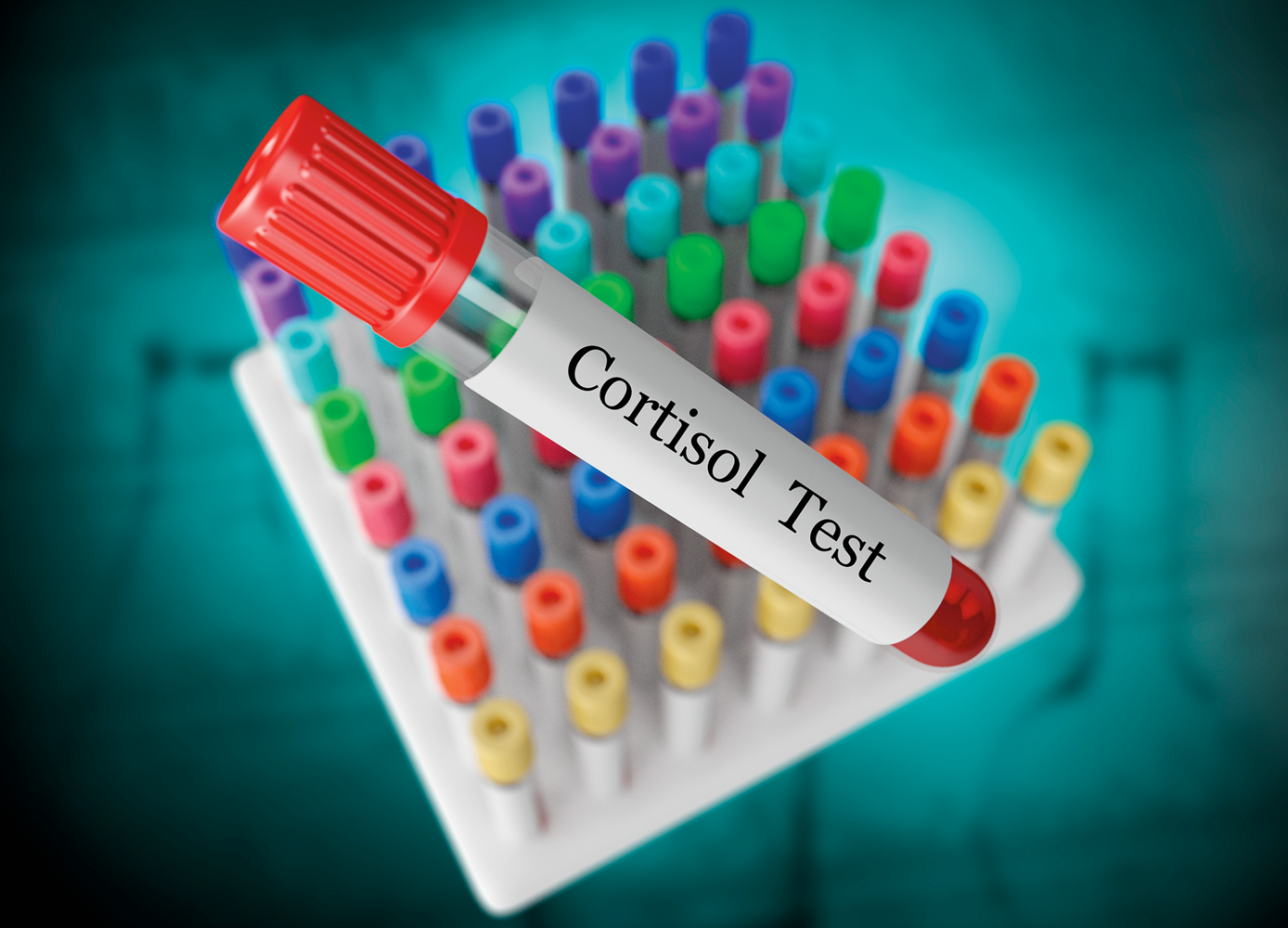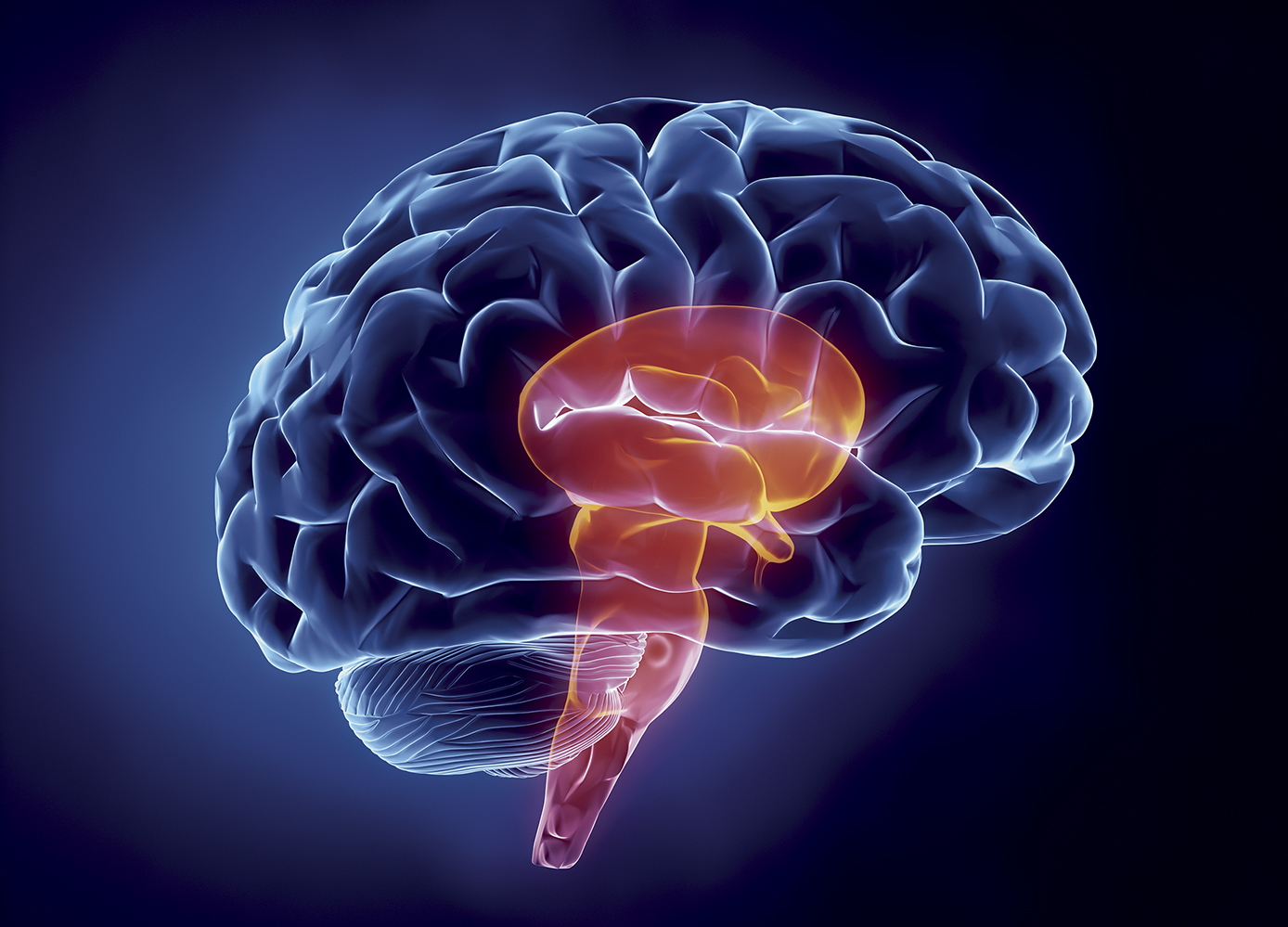No, stress won’t make your adrenal glands stop working
By Wendy Haaf
A popular feature in Good Times magazine is Your Health Questions, where we answer questions submitted by our readers about health, nutrition, and well-being, such as:
Q. A friend who’s been struggling with tiredness, sleep problems, brain fog and digestive discomfort told me she thinks she has adrenal fatigue, but I’ve heard there’s debate about whether this is an actual illness. Is she being scammed?
A. While your friend’s suffering shouldn’t be minimized or dismissed, “adrenal fatigue is not a real medical diagnosis,” says Dr. Christopher Labos, a Montreal cardiologist, epidemiologist, and medical writer who co-hosts the podcast The Body of Evidence. Consequently, “a reputable physician would not diagnose you with it.”
It’s possible—though uncommon—for these glands to stop functioning normally due, for instance, due to an autoimmune disease or infection, causing what’s known medically as “adrenal insufficiency.” But when this happens, the symptoms typically are far more dramatic than those you describe. “These people are very sick: their blood pressure is low, they’re sometimes essentially in a state of shock,” explains Dr. S. Ali Imran, a professor of medicine in the department of endocrinology at Dalhousie University in Halifax. “And you have to treat them very rapidly; otherwise, they can die.” Treatment involves administering steroids to mimic the effect of the steroid hormones produced naturally by the adrenal glands. (These glands can “go to sleep” during long-term steroid use, so if the drugs are then stopped, “we have to keep a close watch to ensure that they wake up,” Imran explains. “Until then, we treat them.) Additionally, Labos notes, there are validated tests for diagnosing adrenal insufficiency.
Your friend’s symptoms, on the other hand, could have a wide range of causes, including anemia, obstructive sleep apnea, or an under-active thyroid gland. Thus, if she hasn’t already done so, it would be a good idea for her to see her physician to rule out such problems, all of which can be treated. It’s also worth noting that physicians sometimes fail to take women’s symptoms sufficiently seriously, and if your friend feels that her doctor dismisses her concerns, she should seek a second opinion.
Often, however, it’s not possible to pinpoint a cause. And since lack of a clear-cut answer can be distressing, some people then start seeking answers from alternative care providers—who are typically the source of the “adrenal fatigue” label. Often a test measuring the amount of the hormone cortisol in saliva is used to diagnose this so-called condition—such a test is not a reliable indicator of adrenal function, particularly when done by boutique labs that don’t require a referral from a physician.
Still, if the condition isn’t real, does that mean your friend’s symptoms are all in her head? Definitely not. “They may be related to other things—poor sleep, stress, and other life circumstances, which have a huge impact on your overall well-being,” Imran says. Unfortunately, since such complex problems can’t be easily fixed with a pill or supplement, Labos says, “if you have somebody who’s going to provide you with a simple answer, that can be very appealing.”
Photo: iStock/Gilnature.






